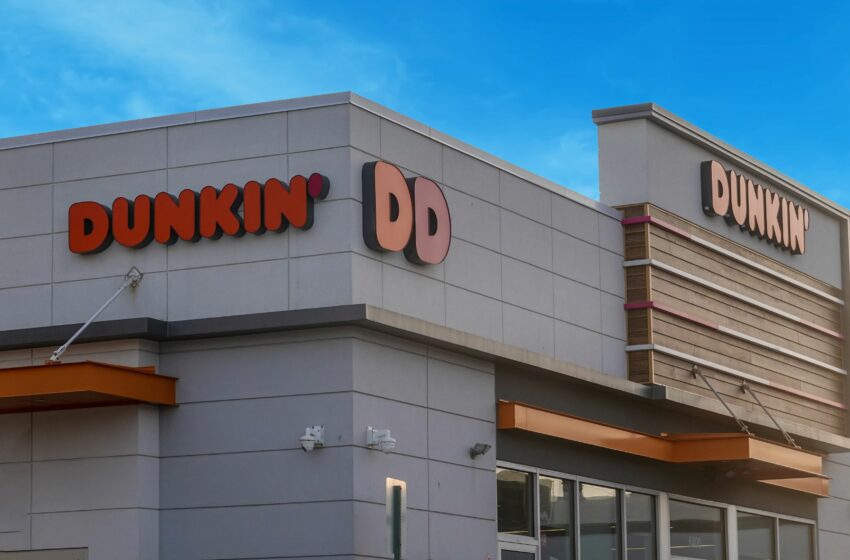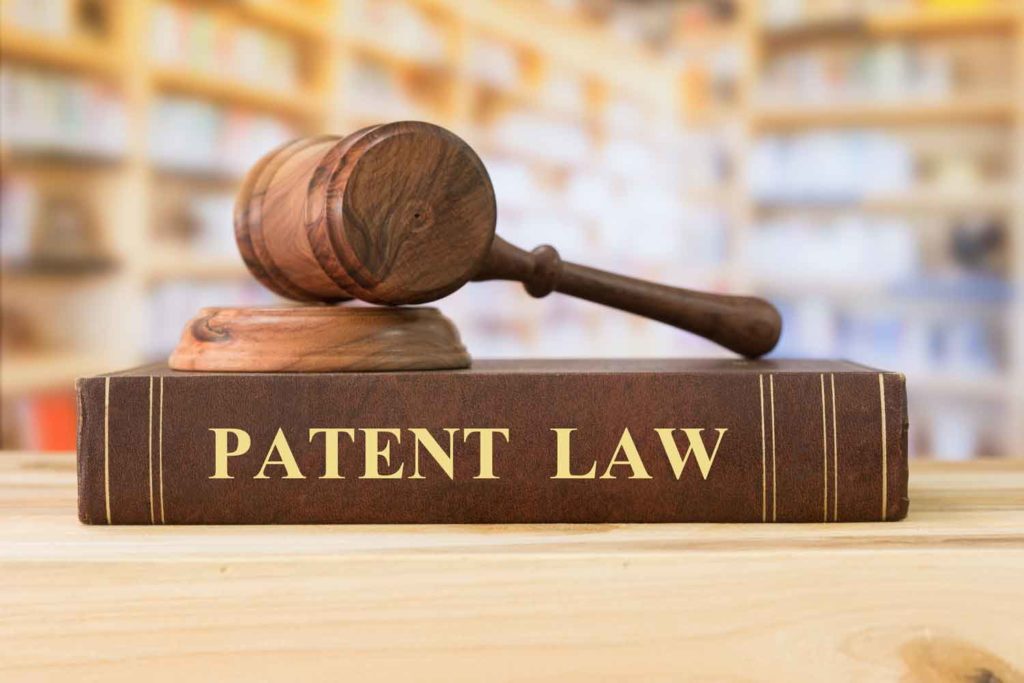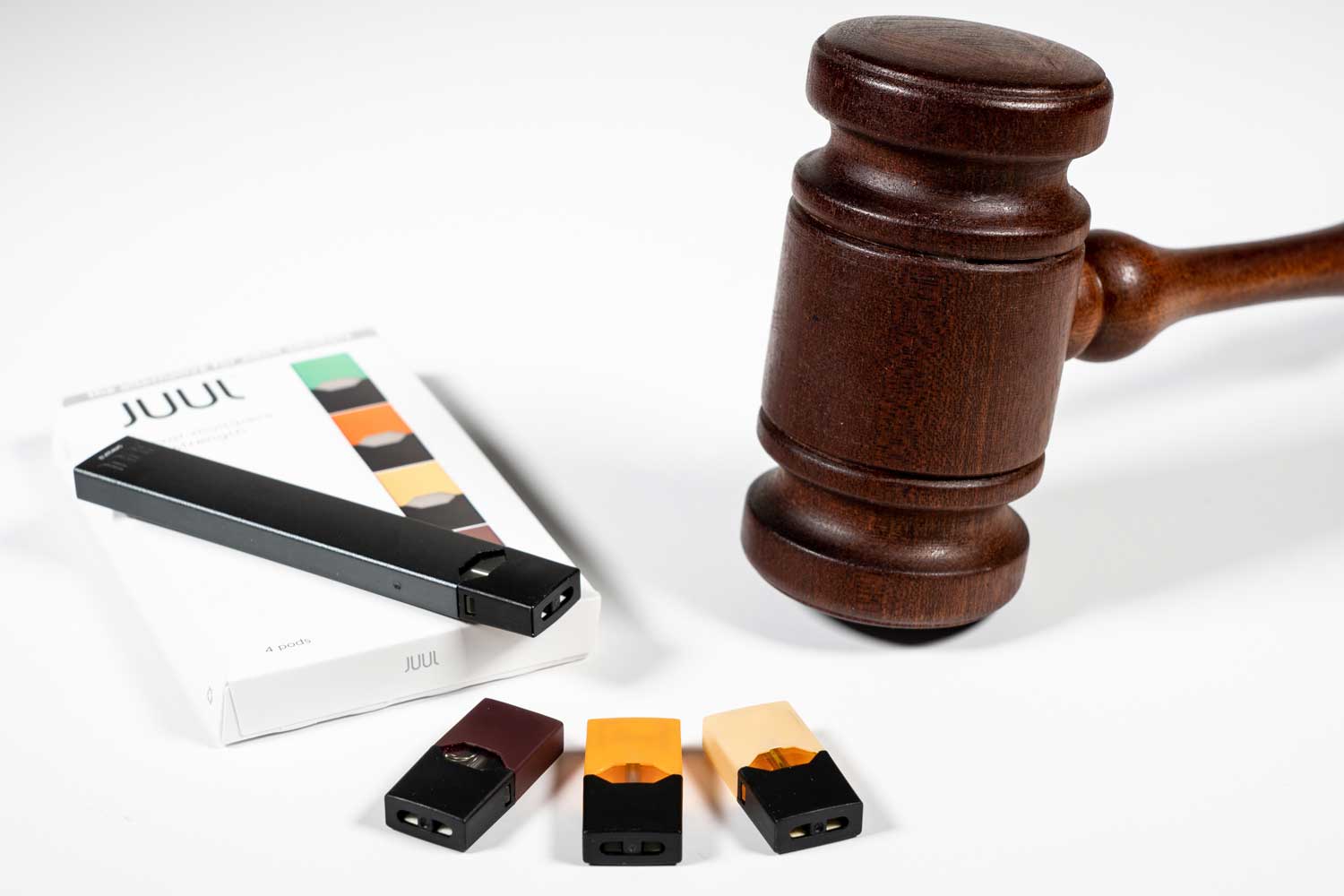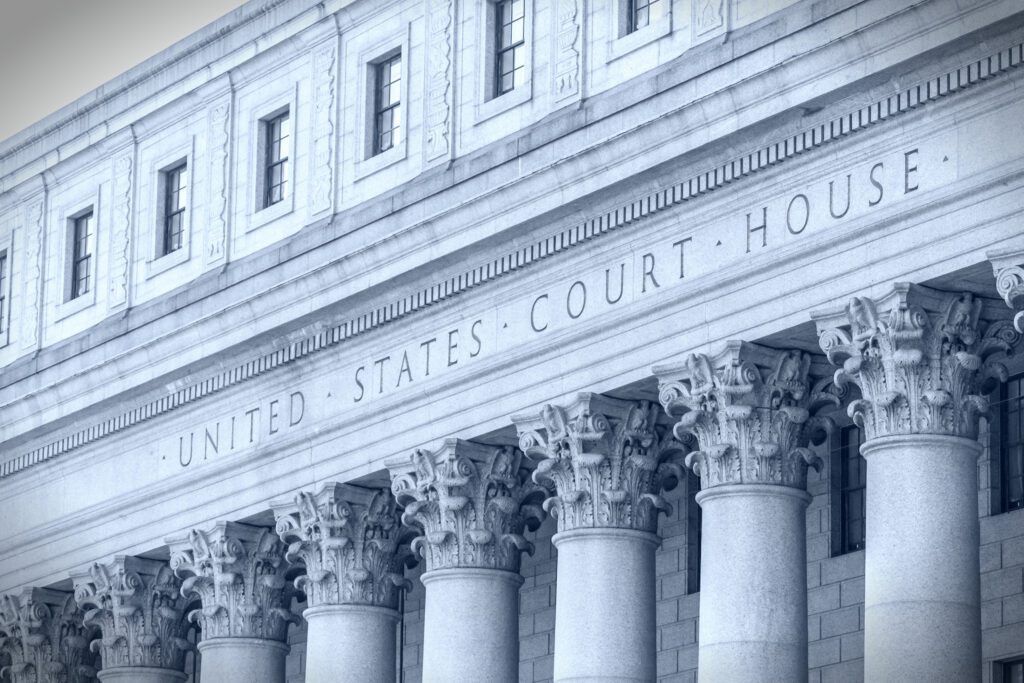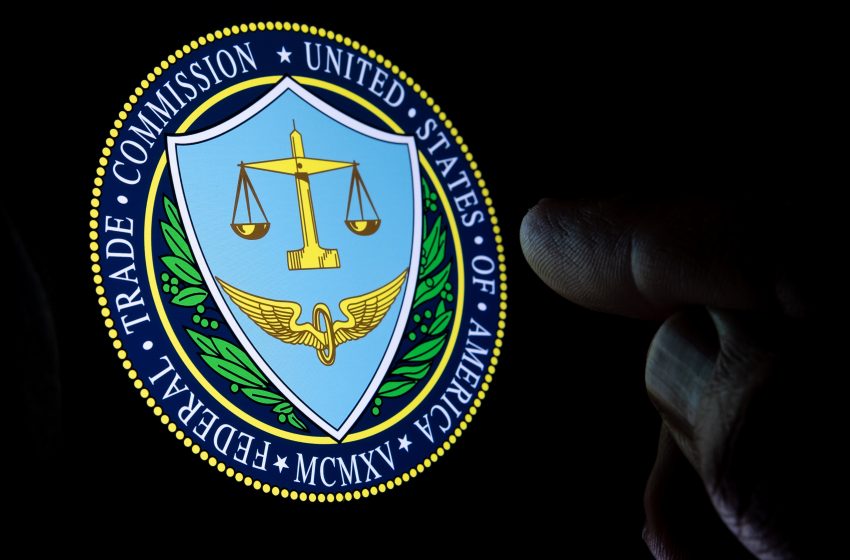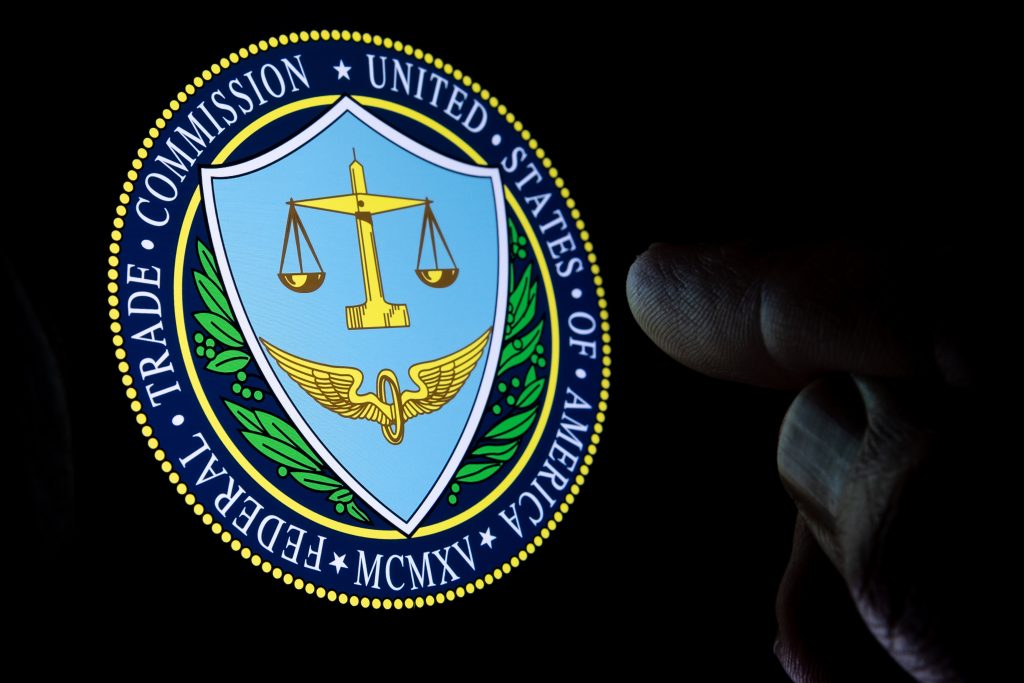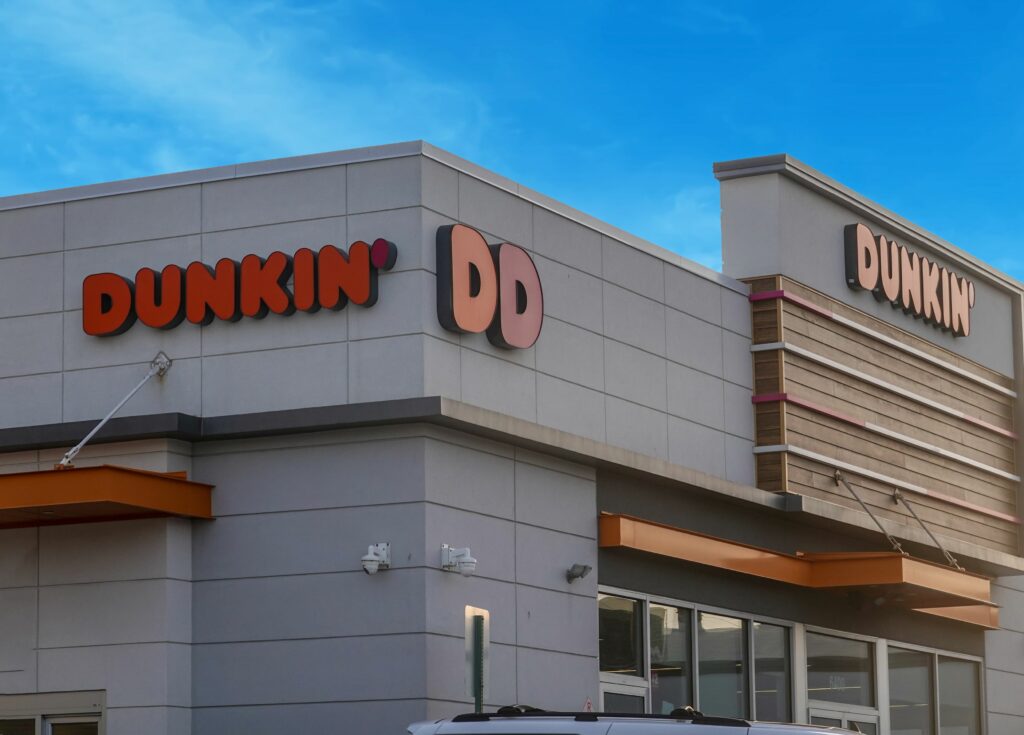
Doughnut chain Dunkin’ sued an e-cigarette maker in New York federal court on Friday, claiming its “Vapin’ Donuts” products violate the chain’s trademark rights.
The lawsuit said Singh Handicraft Corp uses branding that is “nearly identical” to Dunkin’s on disposable vaporizers shaped like an iced coffee cup and a glazed doughnut, with a logo in the same “distinctive orange and pink color scheme and rounded font,” Reuters reports.
Massachusetts-based Dunkin’ also said that Singh sells the vaporizers in identical flavors to some of the chain’s drinks, including White Mocha and Iced Cappuccino. It accused Farmingdale, New York-based Singh of intentionally associating its products with Dunkin’ in a way that is likely to cause consumer confusion.
Representatives for Dunkin’ and Singh did not immediately respond to requests for comment on the lawsuit.
The complaint said that Singh’s products are sold through several online and brick-and-mortar vaping outlets. It said buyers of the e-cigarettes have “expressed that the only reason they purchased Defendants’ products is out of an affection for Dunkin’,” citing internet comments.
Dunkin’ also accused Singh of targeting underaged buyers and said that such “morally reprehensible and illegal conduct” hurts the chain’s reputation.
Dunkin’ asked the court for an order to stop Singh’s alleged trademark infringement and an unspecified amount of money damages.
Singh applied for a federal trademark covering “Vapin’ Donuts” in March. Its application is still pending.

